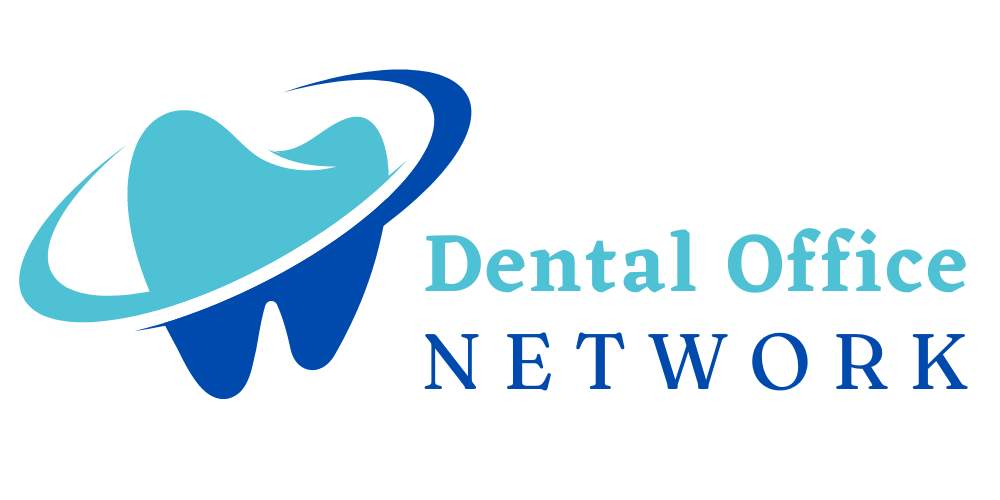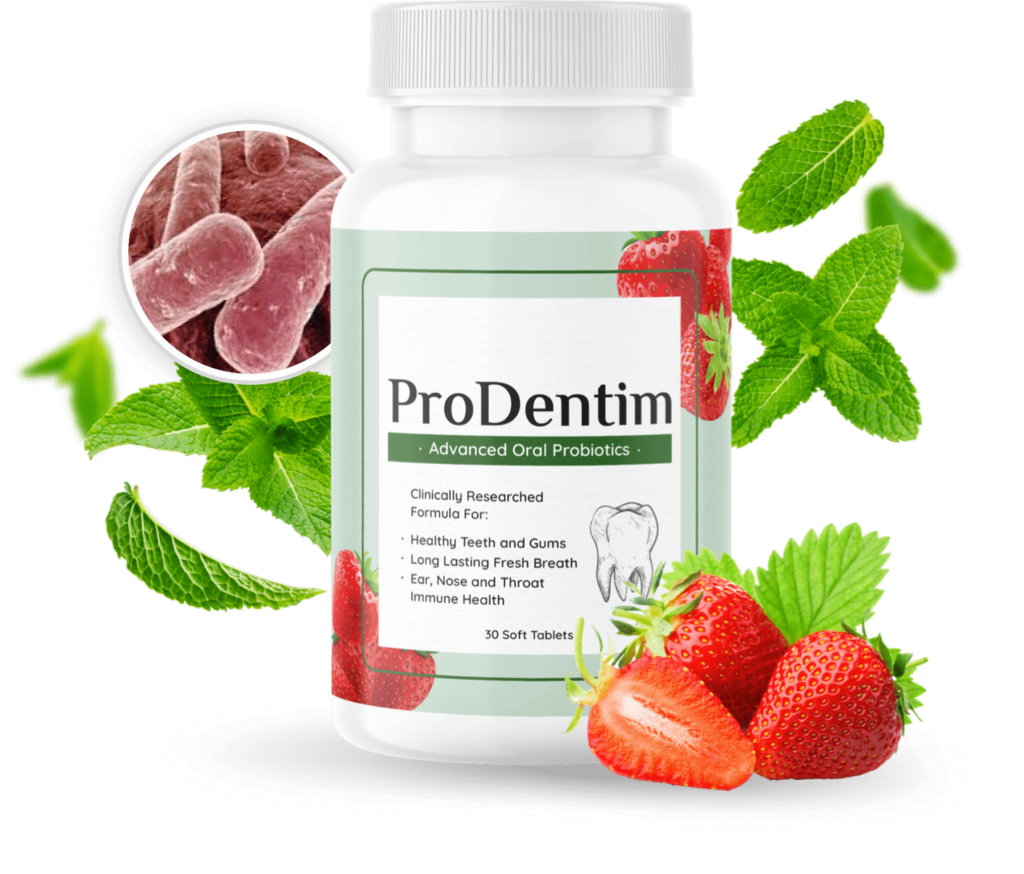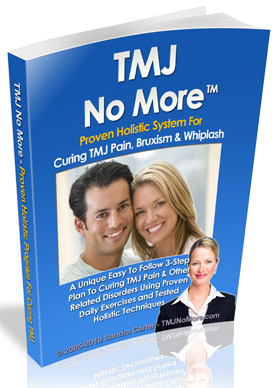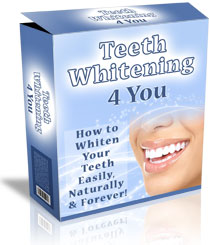Bad breath, also known as halitosis, is a common problem that affects many people. It can be embarrassing and can negatively affect your social life and relationships. The good news is that there are many easy ways to get rid of bad breath. In this article, we will discuss 10 easy ways to get rid of bad breath, including the use of dental probiotics.
| Tip | Description |
|---|---|
| What Causes Bad Breath? | Discusses common causes of bad breath, including food, poor oral hygiene, and medical conditions. |
| Drink Plenty of Water | Explains how drinking water can help to keep your mouth hydrated and reduce bad breath. |
| Chew Sugar-Free Gum or Mints | Describes how chewing gum or mints can help to stimulate saliva production and freshen breath. |
| Use an Antimicrobial Mouthwash | Discusses how using an antimicrobial mouthwash can help to kill bacteria and improve breath. |
| Scraping Your Tongue with a Tongue Scraper | Explains how using a tongue scraper can help to remove bacteria and debris from the tongue, reducing bad breath. |
| Quit Smoking and Chewing Tobacco | Describes how smoking and tobacco use can contribute to bad breath and the benefits of quitting. |
| Brush Everyday and Floss Regularly | Discusses the importance of brushing and flossing for maintaining good oral hygiene and fresh breath. |
| Chewing on Parsley or Mint Herbs | Describes how chewing on parsley or mint herbs can help to naturally freshen breath. |
| Try Dental Probiotics | Explains how taking dental probiotics can help to restore the natural balance of bacteria in the mouth, reducing bad breath. |
| Visiting Your Dentist for Cleanings | Discusses the importance of regular dental check-ups and cleanings for maintaining good oral health and fresh breath. |
You can do to get rid of bad breath and maintain good oral health. Brushing and flossing help to remove food particles, plaque, and bacteria from your teeth and gums, reducing the risk of cavities, gum disease, and bad breath.
When you brush your teeth, be sure to use a fluoride toothpaste and brush for at least two minutes, making sure to brush all surfaces of your teeth, including the fronts, backs, and chewing surfaces. You should also brush your tongue, as this can help to remove bacteria and debris that can contribute to bad breath.
Flossing is equally important, as it helps to remove food particles and plaque from between your teeth and along your gum line. To floss properly, wrap a length of floss around your fingers and gently guide it between your teeth, being careful not to snap it or force it too hard. Move the floss up and down along the sides of each tooth, making sure to get below the gum line to remove any hidden debris.
In addition to brushing and flossing, there are several other oral hygiene practices that can help to improve your breath and maintain good oral health. These include using an antimicrobial mouthwash, drinking plenty of water, and avoiding sugary and acidic foods and drinks that can contribute to bad breath and tooth decay.
Scraping your tongue with a tongue scraper is another easy and effective way to get rid of bad breath. Your tongue can harbor a lot of bacteria, food particles, and dead cells, which can contribute to bad breath if not properly cleaned.
Using a tongue scraper is a quick and easy way to remove these bacteria and debris from your tongue, leaving your mouth feeling fresher and your breath smelling better. Tongue scrapers come in a variety of shapes and sizes, but most are designed to be gently scraped along the surface of your tongue to remove any buildup.
To use a tongue scraper, start by rinsing your mouth with water to loosen any debris on your tongue. Then, gently scrape your tongue from back to front with the scraper, being careful not to press too hard or cause any discomfort. Rinse the scraper with water after each pass to remove any debris, and continue scraping until you have cleaned the entire surface of your tongue.
In addition to improving your breath, using a tongue scraper can also help to improve your overall oral health. A clean tongue can help to prevent cavities, gum disease, and other oral health problems by reducing the amount of bacteria in your mouth.
It’s important to note that while tongue scraping can be a useful tool for improving your breath and oral health, it should not be used as a substitute for regular brushing, flossing, and dental check-ups. To maintain good oral health and fresh breath, it’s important to practice good oral hygiene habits and seek regular dental care.
Dental probiotics are a new way to improve your oral health and freshen your breath. These probiotics contain beneficial bacteria that help to balance the oral microbiome and reduce the amount of harmful bacteria that cause bad breath. You can find dental probiotics in the form of lozenges, gum, toothpaste, food and dental probiotic pills.
If you don’t have enough digestive enzymes, the food you eat won’t be broken down properly. Instead, it emits a terrible odor that enters your mouth. Digestive enzymes are also promoted by the foods listed below. In certain circumstances, imbalanced gut flora is the source of foul breath. You may rebalance your flora by consuming probiotic-rich foods such as yogurt, sauerkraut, kimchi, miso, and pickles.
Advanced dental probiotic pills are a type of dietary supplement that are specifically designed to promote good oral health and reduce bad breath. These pills contain a blend of probiotic bacteria that are naturally found in the mouth and help to restore the balance of bacteria in the oral microbiome.
The idea behind dental probiotics is that by introducing beneficial bacteria into the mouth, they can help to crowd out harmful bacteria that can cause bad breath and other oral health problems. Probiotics are believed to work by inhibiting the growth of harmful bacteria, reducing inflammation, and supporting the body’s natural immune response.
One popular type of dental probiotic pill is called Prodentim, which contains a blend of specific strains of bacteria that are known to be beneficial for oral health. These strains include Streptococcus salivarius K12 and M18, which have been shown in studies to help reduce bad breath and prevent tooth decay.
When taking dental probiotics, it’s important to choose a high-quality supplement that contains a variety of beneficial bacteria strains. It’s also important to follow the recommended dosage instructions and to take the pills regularly to see the best results.
While dental probiotics may not be a magic solution for bad breath, they can be a helpful addition to a comprehensive oral hygiene routine that includes regular brushing, flossing, and dental check-ups. By promoting a healthy balance of bacteria in the mouth, dental probiotics can help to support good oral health and fresh breath. However, it’s important to note that dental probiotics should not be used as a replacement for professional dental care or medical treatment for underlying health conditions.
A dry mouth can cause bad breath because it reduces the production of saliva, which helps to wash away food particles and bacteria. Make sure to drink plenty of water throughout the day to keep your mouth hydrated.
Drinking water is the most effective approach to flush off that foul-smelling germs. Bacteria in your mouth naturally protects your teeth from deterioration. Yet, it also contains a large number of pathogenic bacteria that create smelly plaque and tartar development. Others recommend eight glasses of water every day. Some recommend drinking half your body weight in ounces. Whichever guideline you follow, make sure you get lots of water every day.
Chewing sugar-free gum can help to stimulate saliva production and freshen your breath. Look for gum that contains xylitol, a natural sweetener that has been shown to reduce the amount of harmful bacteria in the mouth.
Your gums are fragile portions of your mouth that are easily infected. Food commonly becomes caught behind the gumline and is overlooked during brushing. Chewing sugar-free gum guarantees that you care for your gums in the same manner that you care for your teeth by removing little particles of food out of the undercuts between your teeth.
Mouthwash can help to kill bacteria and freshen your breath. Look for a mouthwash that contains chlorhexidine or cetylpyridinium chloride, which are effective antibacterial agents. Use mouthwash after brushing and flossing for best results.
Bad breath might be amplified if your mouth feels dry. Saliva is required to wash away microorganisms and hence the fragrance. Rinsing with water or mouthwash can stimulate saliva production, which helps to eliminate microorganisms. Even if you don’t clean your teeth after eating, you should rinse your mouth. A mouth rinse made of warm water and salt is a quick fix.
Certain foods can contribute to bad breath, including garlic, onions, and spicy foods. Avoiding these foods can help to reduce bad breath. If you do eat these foods, make sure to brush and floss afterward to remove any lingering odors.
Depending on the food, some food can result in extremely awful breath, but let’s talk about good things to consume. Apples are a healthy item to eat since they encourage good dental health. Apples increase saliva production, which flushes germs away. Also, because apples do not have a strong aroma, they do not add to bad breath. Chewing on apples with their inherent fibrous texture helps stimulate the gums. They also aid in the removal of plaque that has been lodged between the teeth.
The use of raw coconut oil is said to clear up the Sulphur compounds found in your mouth. Some people believe it can also help prevent gingivitis and cavities. It could be worthwhile to try to eliminate chronically foul breath. This is referred to as oil pulling. Oil pulling is a traditional Ayurveda treatment that involves holding oil in your mouth for 10-20 minutes.
Quitting smoking and chewing tobacco is one of the most effective ways to get rid of bad breath. Tobacco use not only stains your teeth and causes gum disease, but it can also lead to chronic bad breath that is difficult to eliminate. Smoking and chewing tobacco is a major cause of bad breath, as it dries out your mouth and leaves an unpleasant odor. Quitting smoking and chewing can help to improve your overall health and eliminate bad breath.
Tobacco smoke contains hundreds of chemicals that can dry out your mouth and reduce saliva production, leading to bad breath. In addition, the chemicals in tobacco smoke can linger in your mouth and lungs, creating an unpleasant odor that can be difficult to mask.
Smoking and chewing Tobacco has been known to cause:
- Tartar and plaque buildups on the teeth
- Inflamed salivary glands
- Higher risk of developing gum disease and oral cancer
Chewing tobacco, on the other hand, can cause oral cancer, tooth loss, and gum disease, all of which can contribute to bad breath. Chewing tobacco also contains sugars and other compounds that can promote the growth of bacteria in your mouth, leading to an unpleasant odor.
If you want to get rid of bad breath and improve your oral health, quitting smoking and chewing tobacco is a crucial step. While quitting can be challenging, there are many resources available to help you quit, including nicotine replacement therapy, counseling, and support groups.
In addition to improving your breath, quitting smoking and chewing tobacco can have a number of other benefits for your health, including reducing your risk of cancer, heart disease, and other serious health problems.
If you’re struggling to quit smoking or chewing tobacco, talk to your dentist or healthcare provider about strategies that can help you quit for good. They can provide you with resources and support to help you overcome your addiction and improve your oral and overall health.
Chewing on parsley or mint leaves is a natural and easy way to freshen your breath. Both of these herbs contain chlorophyll, a natural deodorizer that can help to neutralize odors in your mouth.
Chlorophyll is the pigment that gives plants their green color, and it has been shown to have powerful deodorizing properties. When you chew on parsley or mint leaves, the chlorophyll in these herbs binds to the odor-causing compounds in your mouth, neutralizing them and leaving your breath smelling fresher.
In addition to their deodorizing properties, parsley and mint are also rich in antioxidants and other beneficial compounds that can help to improve your oral health. For example, mint contains menthol, a natural anti-inflammatory that can help to soothe irritated gums and reduce inflammation. Parsley is also rich in vitamins and minerals, including vitamin C and calcium, which are essential for maintaining strong teeth and healthy gums.
To use parsley or mint to freshen your breath, simply chew on a few leaves of either herb after a meal or whenever you need a quick breath freshener. You can also try brewing a cup of mint tea or adding parsley to your salads or smoothies for an added dose of freshness and nutrition.
While parsley and mint are a great natural remedy for bad breath, it’s important to remember that they are not a substitute for regular dental care. Regular brushing, flossing, and dental check-ups are still essential for maintaining good oral health and fresh breath.
Visiting your dentist regularly for cleanings is an important part of maintaining good oral health and fresh breath. Even if you brush and floss regularly at home, there can still be areas of your mouth that are difficult to reach or that require professional cleaning to remove plaque and tartar buildup.
During a dental cleaning, your dentist or dental hygienist will use special tools to remove plaque and tartar from your teeth and gums. They may also polish your teeth to remove surface stains and provide a smoother, cleaner surface that is less likely to attract bacteria and debris.
In addition to cleaning your teeth, your dentist will also examine your mouth for any signs of tooth decay, gum disease, or other oral health problems that could be contributing to bad breath. If any problems are identified, your dentist will recommend appropriate treatment to help restore your oral health and prevent further problems.
Regular dental cleanings are typically recommended every six months for most people, although your dentist may recommend more frequent cleanings if you have certain risk factors for oral health problems. By staying up-to-date with your dental cleanings and check-ups, you can help to maintain fresh breath and a healthy smile, while also reducing your risk of serious dental problems in the future.
It’s important to note that even if you don’t currently have any dental problems or concerns, it’s still a good idea to visit your dentist regularly for cleanings and check-ups. Regular dental care can help to prevent problems before they occur and ensure that your teeth and gums remain healthy and strong for years to come.
Bad breath can be an embarrassing and unpleasant problem, but it is often easily treatable. By following these 10 easy tips, you can improve your oral health and freshen your breath naturally. Don’t let bad breath hold you back – take action today to improve your oral health and boost your confidence.















1 Comment
[…] 10 Easy Ways to Get Rid of Bad Breath (Halitosis) […]
Comments are closed.